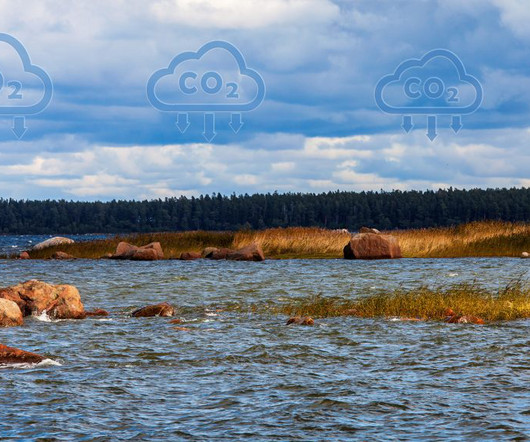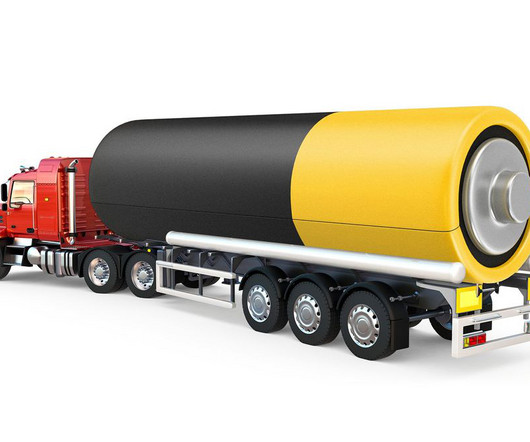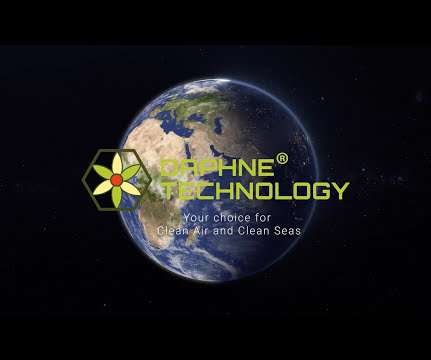IMO Environment Committee approves draft mandatory regulations to cut ship carbon intensity; technical and operational
Green Car Congress
NOVEMBER 21, 2020
The International Maritime Organization (IMO) Marine Environment Protection Committee (MEPC) has approved draft new mandatory regulations to cut the carbon intensity of existing ships. This would enable the operational carbon intensity rating to be determined.









































Let's personalize your content